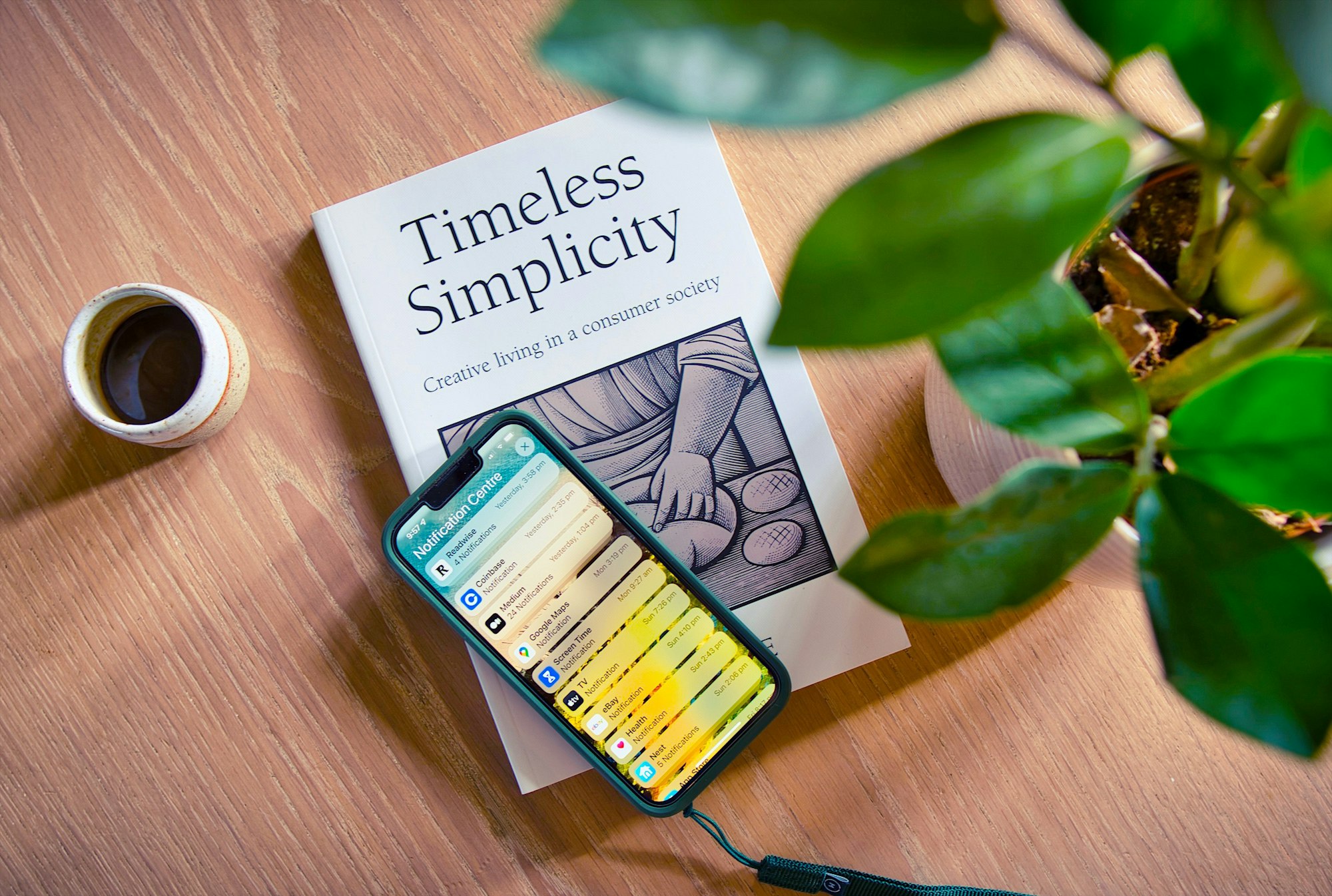Here are 5 things I’ve learned from the book Limitless as a Senior Software Developer
To learn or not to learn - here are 5 things you can learn from the best selling book Limitless

How to learn new technologies, projects and tools in today’s ever-changing and interconnected world?
There’s no right answer to that as different people learn differently.
Nevertheless, there are fundamental principles that can help you learn far more effectively than what you’re taught during your formal education or habits you've formed through trial and error.
Jwin Kwick, the author, highly emphasises how in school, we don’t “learn” how to learn, which in turn, makes this activity boring and often ineffective.
Here are better ways to learn from the bestselling book Limitless.
1. Mindset

If our mindset is not aligned with our desires or goals, we will never achieve them.
If you want to be highly efficient in learning anything new, you need a goal to aim for. You should have a reason to learn. Only then, you become motivated to make effort and find it easier to focus on a long stretch of time.
2. Distractions

I’m writing this, I’ve shut down all my devices.
Staying connected may make us feel more secure, but it doesn’t make us happier.
Avoid distraction when you are learning. Shut down your mobile phone or leave it in another room.
In my personal experience, I notice that I can better focus when I cut off the Internet connection on my computer. There’s nothing to think about in the background. How about checking Twitter, LinkedIn or trivia on Google? Nopes. There’s no connection for that.
Nevertheless though, as a developer, most of the time, I’m researching on sites like Stack Overflow.
So in short, we might feel better when being connected online via Social Media but the reality is - we’re going to miss learning new things with our limited time - especially in the morning when our brain is still fresh.
3. Make Time

Your time is one of your greatest assets. It’s the one thing you can’t get back.
One of the most self-fulfiling things I’ve learned is whatever you believe is true will most certainly reflect in your day to day life.
If you believe you don’t have time to learn new things and keep pace with new technological advances, you’ll find excuses not to take action. Either, there’s something always cropping up or you’re too tired to commit to starting a new course or practising tutorials.
4. Focus Time

What is the ideal time to learn? The ideal duration of learning?
Research suggests that our natural ability to concentrate wanes between 10 to 40 minutes. If we spend any longer on a given task, we get diminishing returns on our investment of time because our attention starts to wander.
I’ve personally found excellent results when using the Pomodoro timer, which is breaking tasks into chunks of 25 minutes and then taking a 5-minute break in between, a number of times throughout a working day.
I don’t always follow the same timing though. Sometimes, I go for shorter sprints, or much longer but thoughtful marathons. If for instance, I’m debugging complex issues, I can focus for a few hours without pausing.
However, when you are learning something new, or deliberately practising anything that’s out of your comfort zone, this takes a toll on you. Therefore it’s recommended that you don’t focus more than 2 hours per day.
5. Teach someone else

If you want to cut your learning curve dramatically, learn with the intention of teaching the information to someone else.
One of the most effective ways to teach others something I’m learning in a non-obstrusive way is to write blog posts. I usually spend additional time and effort beyond my working hours to better understand the subject I’m currently learning.
What normally happens is that stuff I think I already know, on trying to write them down, I realise that I don’t often understand the material well enough. I, therefore, need to better grasp the fundamentals so that I can explain them to someone else simply enough.
Let’s say right now I’m learning more on .NET Framework for Backend Web API development. I then try to write a tutorial on building a simple CRUD application for entities such as Authors and Books. Nevertheless, if I don’t even understand the basics of how the application runs, I’ll struggle to clearly communicate that.
Furthermore, that’s another reason, I try to always help colleagues asking for guidance on technical questions - even if in the end - I don't contribute in anything. I get the opportunity to better understand the topic even if I think I know it all.
Conclusion

If you want to break into Software Development and/or stay at the top of your programming game, with the pace of rapidly moving technologies, you want to be learning all the time.
This starts with your mindset. If you think you don’t have time to do it, you eventually won't. Thousands of excuses will always crop up. But if you can commit to 30 minutes every day, you can build enough momentum to follow through with your learning goals.
If you want to read the book:
